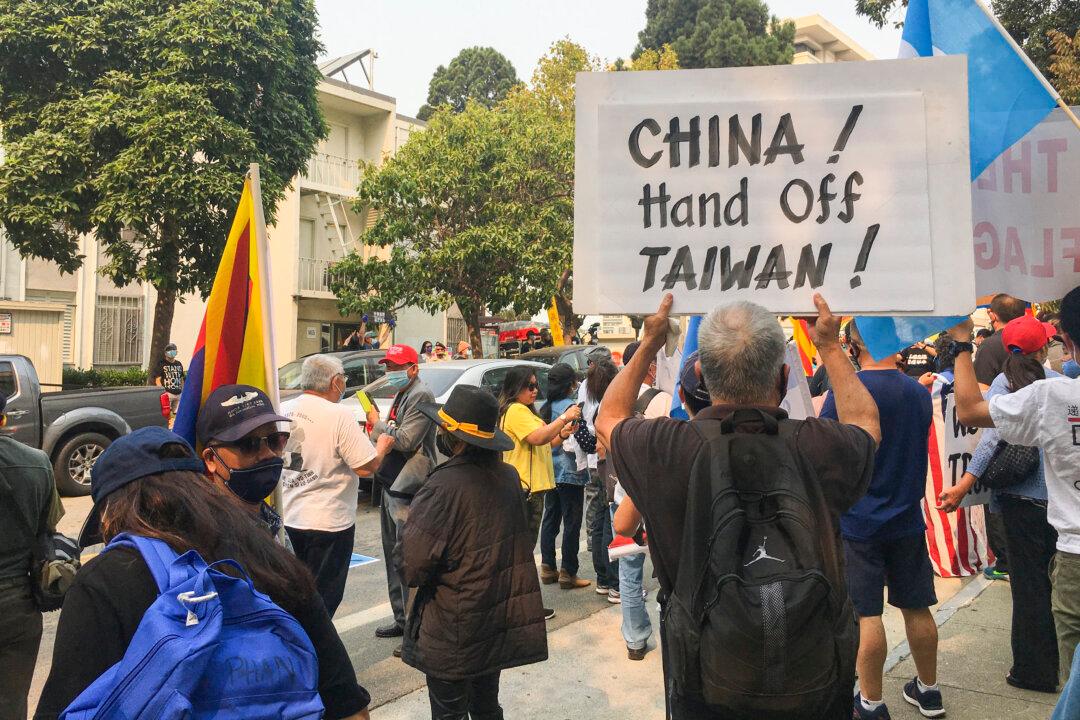Commentary
There are two major geopolitical lessons to be learned from the ongoing pandemic. Lesson one: China can’t be trusted. Lesson two: A free Taiwan may be our only way of getting through the great firewall of China.

There are two major geopolitical lessons to be learned from the ongoing pandemic. Lesson one: China can’t be trusted. Lesson two: A free Taiwan may be our only way of getting through the great firewall of China.